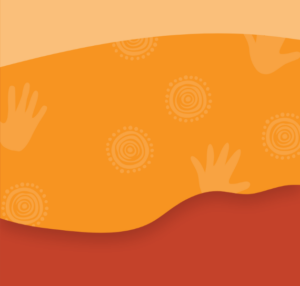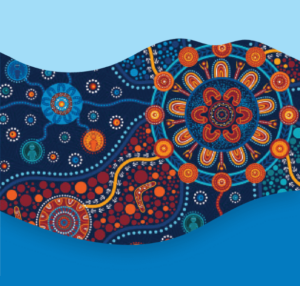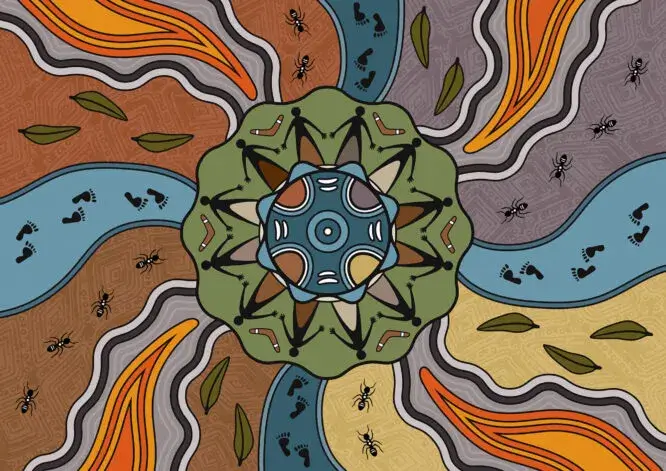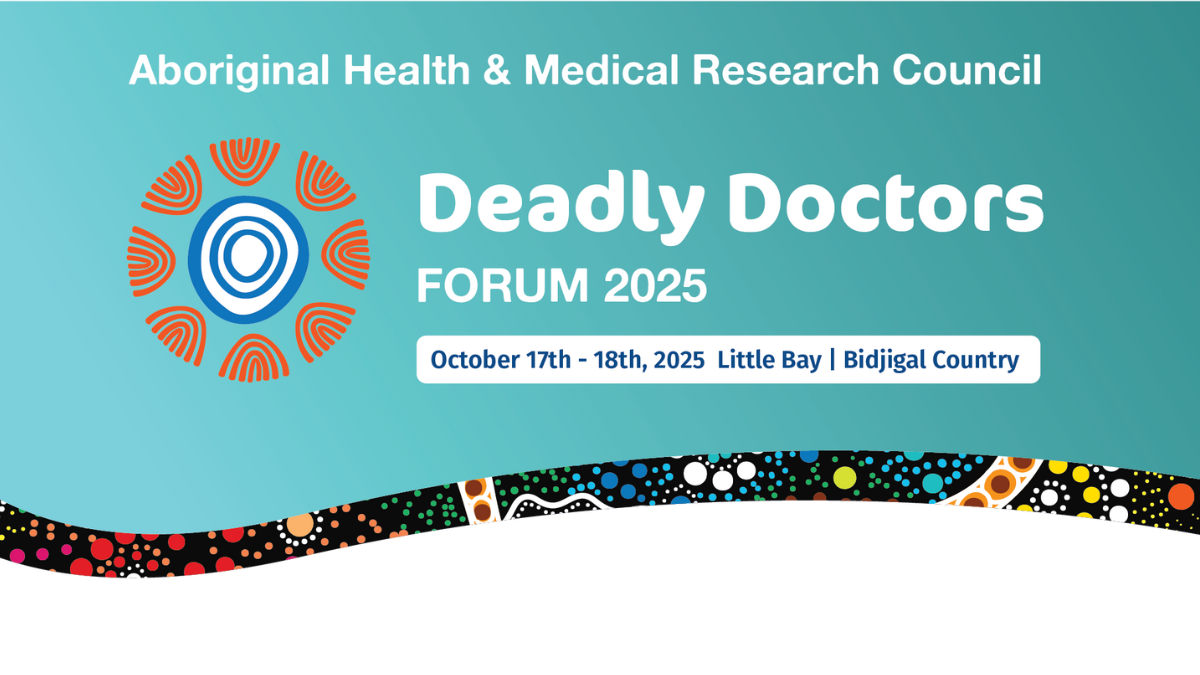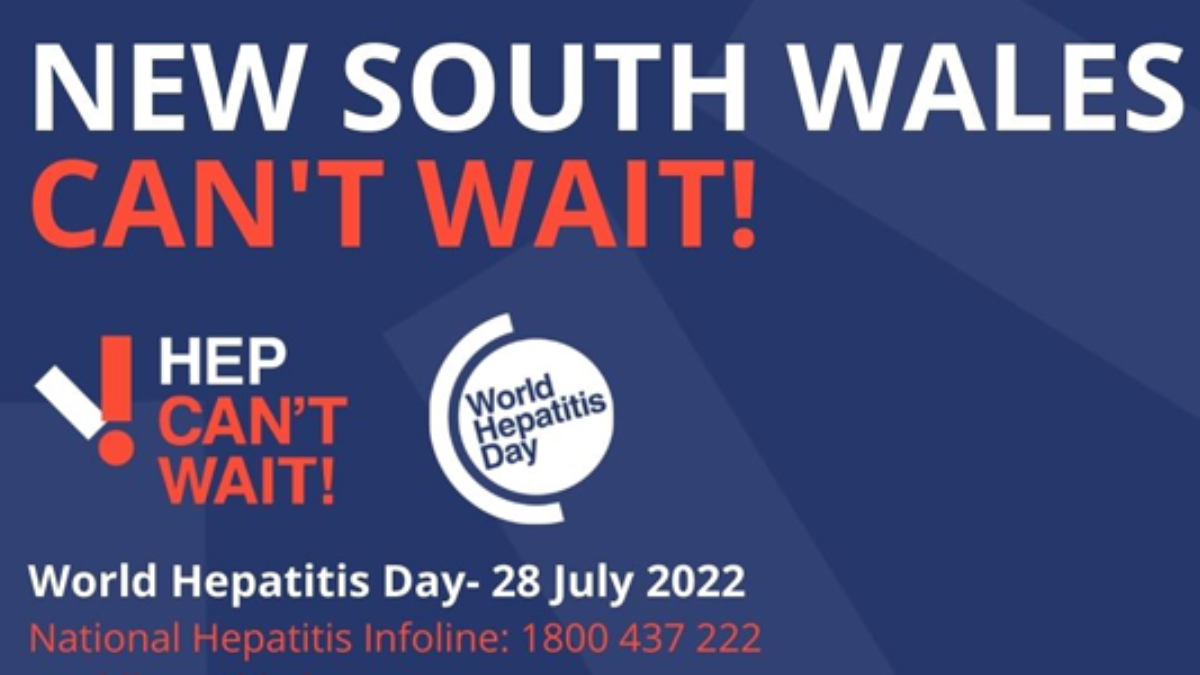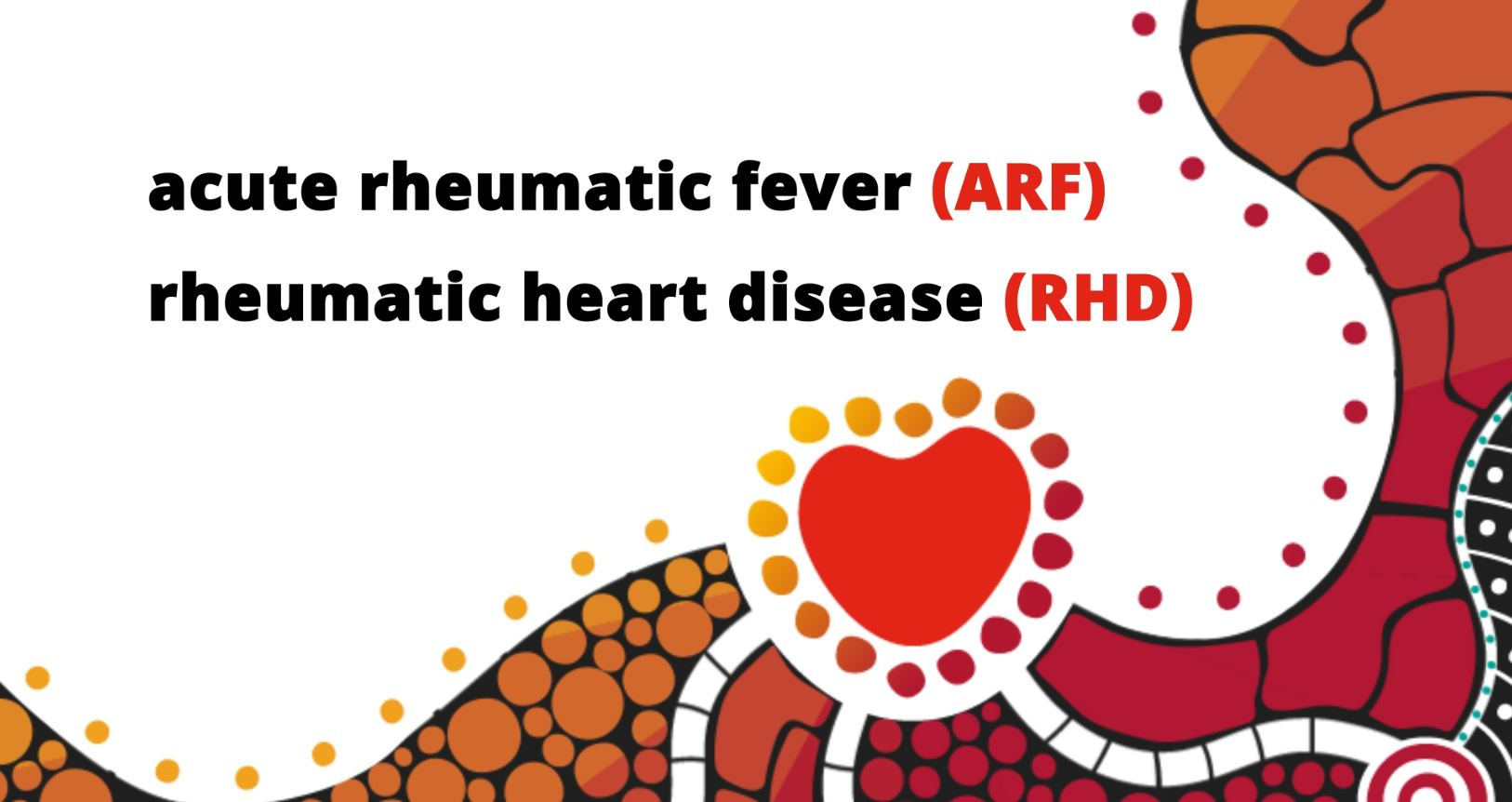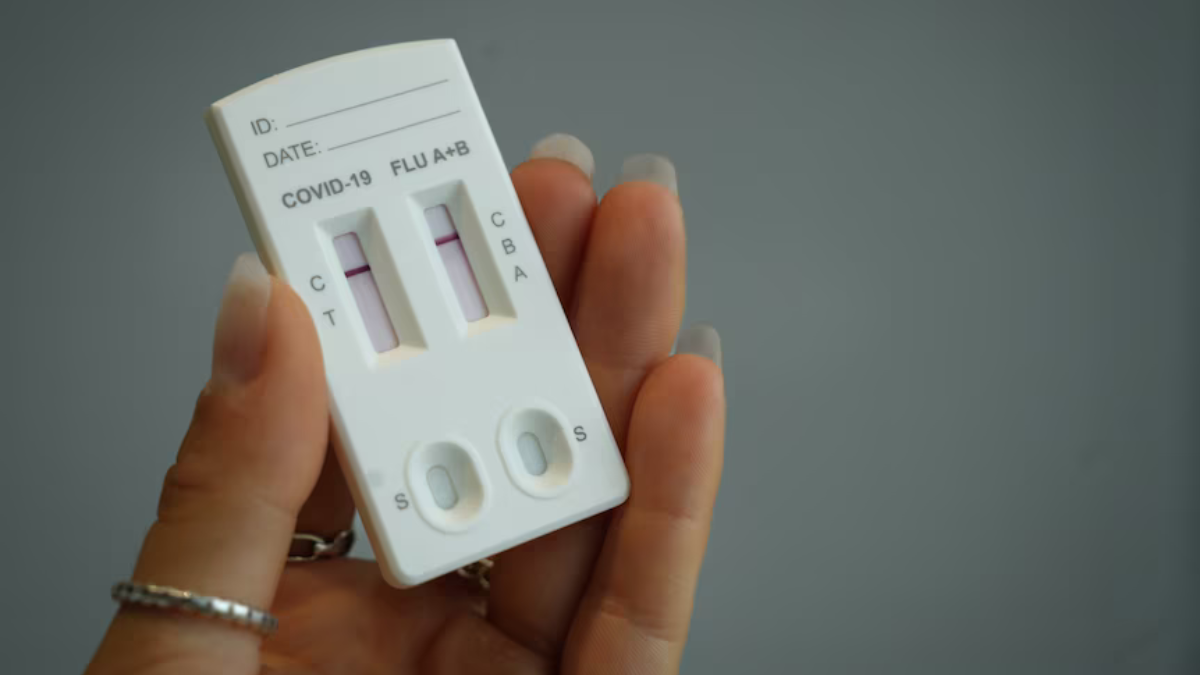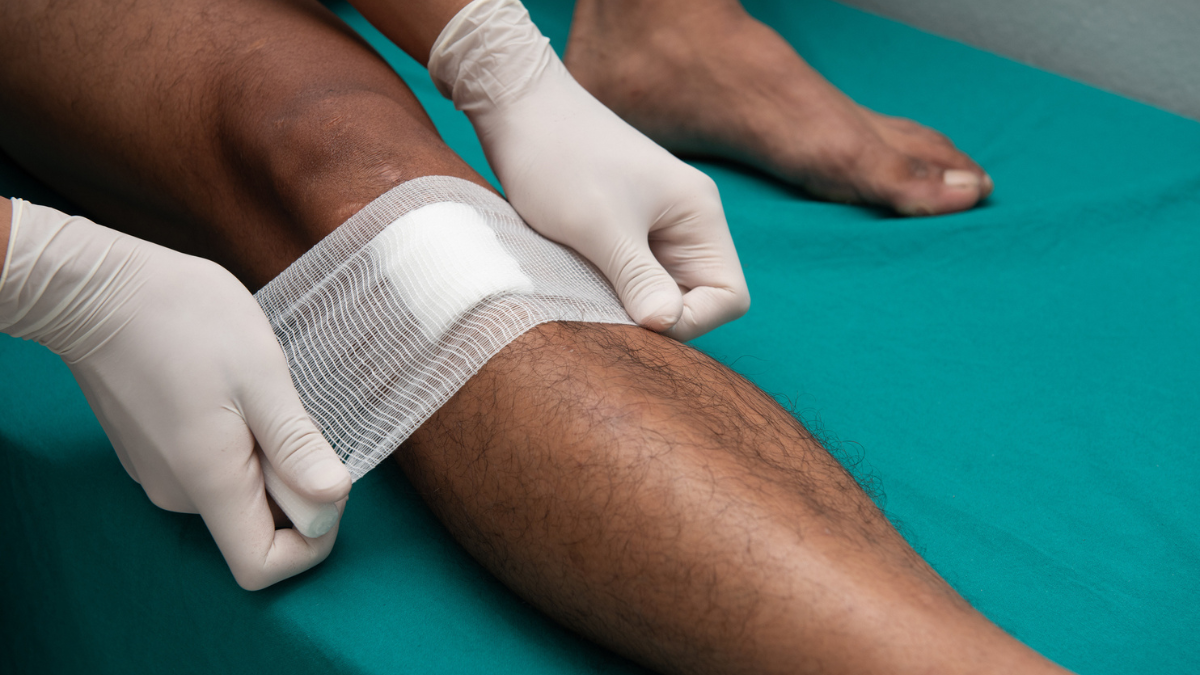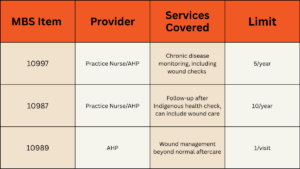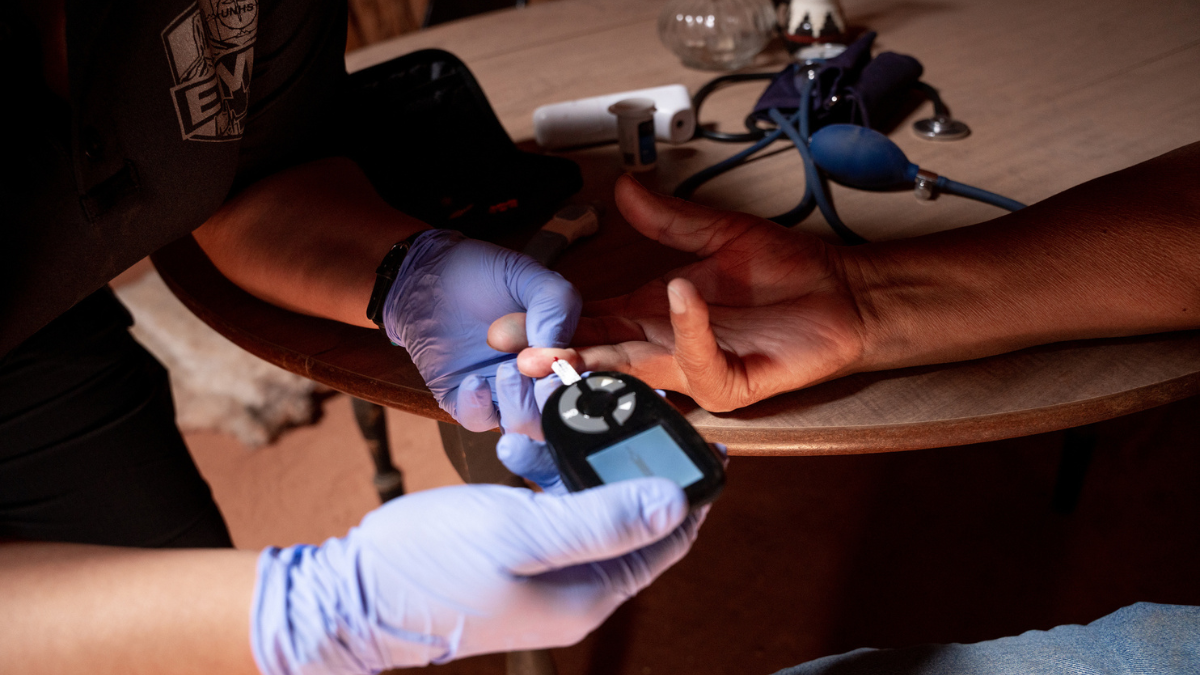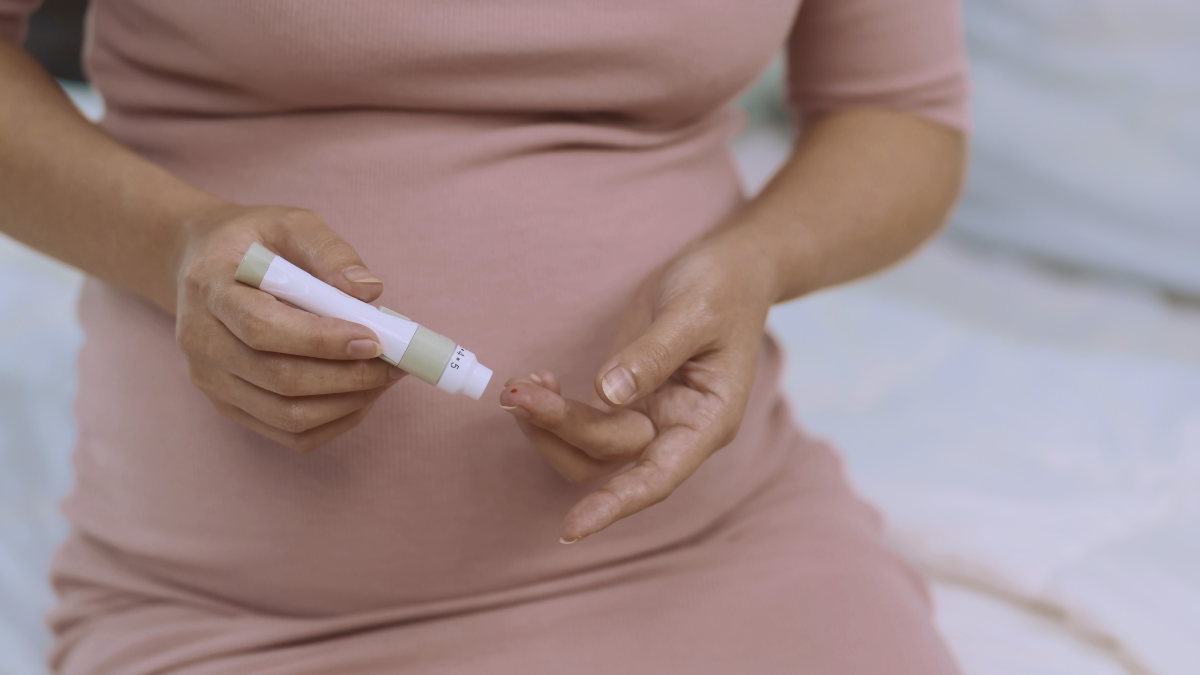The Deadly Doctors Forum is back in 2025 and it’s shaping up to be bigger, stronger, and more connected than ever
The AH&MRC, in partnership with the NSW Rural Doctors Network, will be holding the forum over two days on Friday 17 and Saturday 18 October at Little Bay. The event will bring together doctors working in NSW ACCHOs to share knowledge, strengthen networks, and celebrate the dedicated work being done by skilled and passionate GPs across the sector.
We’re very excited to confirm a strong line up of speakers including NSW Chief Health Officer, Dr Kerry Chant and cardiologist Dr Raj Puranick, who will return to deliver high-quality clinical education. We will hear from Bulgarr Ngaru GP Dr Marion Tait who will share insights into the RHD story in her region and from Bullinah GPs sharing lessons learnt working through disasters.
The full agenda is being finalised, and we look forward to announcing more inspiring speakers and sessions in the lead-up to the event. In addition to presentations. the forum will provide ample opportunities for networking, cultural training and peer connection.
Accommodation and two days’ worth of education and cultural activities will be provided for eligible doctors. Additional support for travel may be available, including potential eligibility through the RDN Health Workforce Scholarship Program. We encourage ACCHOs to nominate GPs in your teams who would benefit from this opportunity by emailing the Public Health Team at publichealth@ahmrc.org.au GPs working in ACCHOs can also register their interest in future updates through the AH&MRC Deadly Doctors Membership Form.
Planning for the Future: Sustainable GP Workforce
AH&MRC is also looking to work with member services to strengthen recruitment and retention of GPs and the broader health workforce.
We’re aiming to support long-term workforce planning so that ACCHOs can continue delivering their holistic, multidisciplinary models of care.
If your service is interested in working together on a sustainable workforce strategy, we invite you to express interest in joining our working group here: AH&MRC Recruitment & Retention Working Group – Expression of Interest


